When Canada launches the new Temporary to Permanent Residence (TR to PR) pathway, the application window may be very short. In 2021, the previous TR to PR program filled up on the same day it opened. Many people missed their chance simply because their documents weren’t ready in advance. To avoid that mistake, it’s important to start preparing now.
Having your language test, police certificates, identity documents, employment proof, and other key papers ready can help you apply quickly when the program opens. The government has already announced a one-time measure to help around 33,000 temporary residents become permanent residents in 2026 and 2027. Preparing early gives you the best chance to be one of them.
Below is a clear, simple breakdown of what documents you should start preparing.
Documents to Prepare Early
| Document type | Supporting document(s) |
|---|---|
| Proof of language proficiency | Language test results |
| Proof of criminal background check(s) | Police certificates |
| Proof of education | -Educational Credential Assessments (ECAs), for foreign degrees -Transcripts, for Canadian degrees |
| Travel history | -Travel log -Airline booking confirmation -Passports |
| Support of employment | -Complete employment history -Reference letter(s) from employers -T4s (for work in Canada) -Copies of employment contracts |
| Proof of current employment in Canada | -Work permit -Employer reference letter -Pay stubs -Employment contract |
| Documentation of organizational affiliations | -List of organizations you’ve donated to and/or volunteered with -Reference letter(s) -Receipts for donations |
| Identity documents | -Passport -Birth certificate -Marriage documents -Adoption documents |
| Translations | -Certified translation(s) (for documents not in English or French) -Translator affidavit (if not a certified translator) |
For People Applying From Inside Canada
| Document type | Supporting document(s) |
|---|---|
| Proof of status in Canada | -Valid temporary status document (work permit, study permit, visitor record) -Entry stamp, or electronic entry record -Evidence of maintained status (if applicable) |
Documents Needed for Accompanying Family Members
| Document type | Supporting document(s) |
|---|---|
| Identity documents | -Passports -Birth certificates -Marriage documents -Civil status documents |
| Travel history | -Travel logs -Airline booking confirmations -Passports |
| Proof of criminal background check(s) | Police certificates |
Documents Required Only in Certain Situations
| Document type | Supporting document(s) |
|---|---|
| Letter(s) of explanation | Letter(s) explaining any discrepancies or potential oddities, such as gaps in address, gaps in employment, missing documents |
| Proof of common-law relationship | Proof of address, joint leases, bills, bank accounts, credit cards. |
| Name change certificates | N/A |
Language Test Requirements
For most economic immigration programs, you must show your English or French ability using an approved test. These include CELPIP-General, IELTS General Training, PTE Core, TEF Canada and TCF Canada. The results must be valid on the day you submit your PR application. Test results expire after two years, so make sure yours will still be valid when the program opens.
Taking your test early is one of the most important steps, because it’s required for eligibility and often takes time to schedule.
Police Certificates
Police certificates prove that you do not have a criminal record that makes you inadmissible to Canada. These documents can take months to obtain, depending on the country, so it is better to request them early.
You and all family members aged 18 or older need a police certificate from each country where you lived for six months or more in the last ten years. The certificate for your current country of residence must be recent – issued no more than six months before you apply.
Proof of Education
If you completed your education outside Canada and plan to use it for immigration purposes, you may need an Educational Credential Assessment (ECA). This shows how your qualification compares to Canadian education.
ECAs are valid for five years. If you studied in Canada, you do not need an ECA. Instead, submit transcripts and proof that you graduated.
Travel History
When applying for PR, you must list all your travel outside your home country or country of residence for the past ten years (or since you turned 18). Officers compare your travel history with your background information and police certificates. Having your own travel log prepared in advance makes filling out your forms much easier and more accurate.
Proof of Employment
Many TR to PR and economic programs require you to show your work experience. To prove this, you need:
- An employer reference letter that explains your job duties, salary, hours, and dates of work
- Supporting documents such as T4s, employment contracts, and pay stubs
These documents help IRCC confirm your experience and classify your job under the right category.
Proof of Current Employment in Canada
If the pathway requires that you are currently working in Canada, you must show:
- A valid work permit
- A current employer letter
- Recent pay stubs
- Your employment contract
These show that you meet the “currently employed” requirement of the program.
Organizational and Volunteer History
Your personal history form asks about memberships, volunteer work, donations, or associations you have had in your lifetime. Preparing a list of this information early will help you complete the form quickly and accurately.
Identity and Civil Status Documents
These are essential to show your identity and family relationships. Make sure you have:
- Passports
- Birth certificates
- Marriage certificates
- Adoption documents
- Name change documents (if applicable)
These documents help IRCC understand who is part of your family and who can be included in your application.
Translations
Any document not in English or French must be translated by a certified translator. If the translator is not certified, they must provide a sworn affidavit. Always include a scan of the original document along with the translation.
For Applicants Inside Canada
If you are applying from within Canada, you must show that you currently have valid status. This can be a work permit, study permit, visitor record, or proof that you applied for an extension before your status expired (maintained status).
Documents for Family Members
Family members included in your application also need to provide their identity documents, police certificates, and travel history, even if they are not coming to Canada with you.
Documents for Special Situations
If anything in your history is unclear – such as a missing document, a gap in employment, or a name difference – you can include a Letter of Explanation (LOE). This helps the officer understand your situation and avoids unnecessary delays.
If you have a common-law partner, you must provide documents proving at least 12 months of living together, such as joint bills, leases, or bank accounts.
Helpful Preparation Tips
Prepare clear and readable scans of every document and label them consistently. Keep an eye on expiry dates for language tests, police certificates, and your passport. Make sure your employer letters follow IRCC’s format and accurately describe your job duties. If you cannot get a required document, your LOE should clearly explain why and include proof of your efforts to obtain it.
Being organized will help ensure that when the new TR to PR pathway opens, you are ready to upload everything quickly before the cap fills.

When will the new TR to PR pathway open?
The government has announced that the pathway will help around 33,000 temporary residents gain PR in 2026 and 2027. The exact start date has not been released yet, so preparing early is the safest approach.
Do I need to take a new language test if I already have one?
Your test must be valid (less than two years old) on the day you apply. If it will expire soon, it is better to retake it now.
How long does it take to get a police certificate?
It depends on the country. Some countries issue them in days, while others take months. This is why early preparation is important.
Do I need an ECA if I studied in Canada?
No. Canadian education does not require an ECA. You only need your transcripts and proof of graduation.
Do my family members need police certificates even if they are not coming to Canada?
Yes. All family members aged 18 or older need police certificates, even if they are not accompanying you.
Can I still apply if I cannot get one document in time?
You should attach a Letter of Explanation showing your best efforts to obtain the document. IRCC may still accept your application, depending on the situation.

📞 Call us: 04 260 7837
📲 WhatsApp: wa.me/971529693030
🌐 Website: www.askkubeir.ae
📍 Office No. 45, 9th Floor, Conrad Tower, WTC, Dubai





